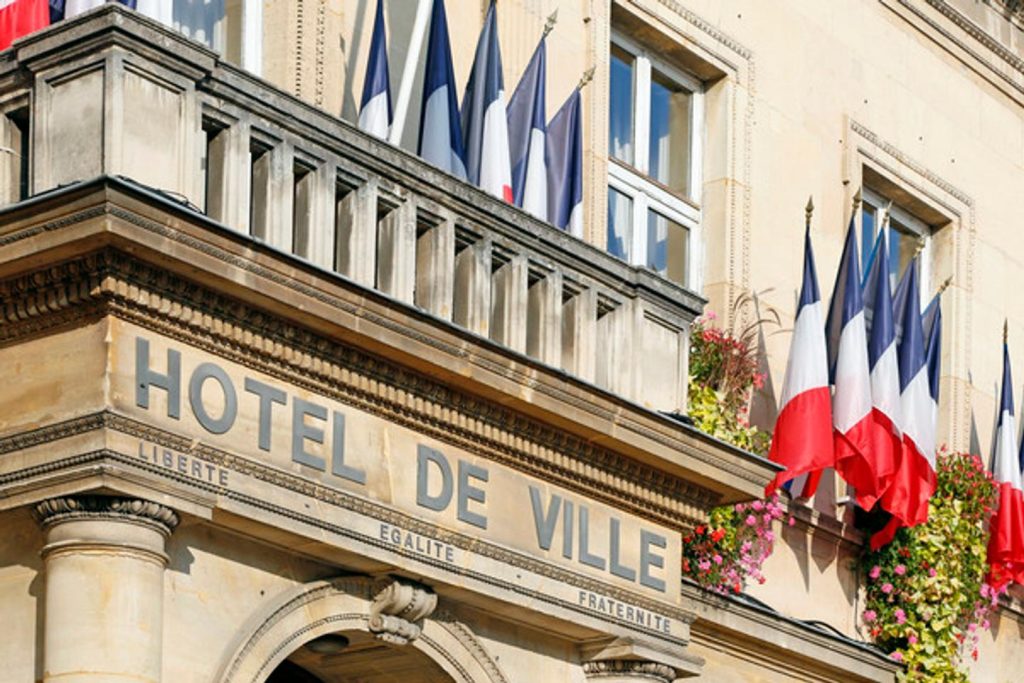The town hall of Melun in Seine-et-Marne (77). Illustrative photo. A petanque tournament, cooking classes, and golf competition on an exclusive 18-hole course brought together local officials affiliated with the Association of Mayors of Ile-de-France (AMIF) at the Ormesson golf course on July 4th. The event, sponsored by several companies in the construction, real estate, childcare, and transportation sectors, raises questions about the appropriateness of events organized by associations of elected officials with private companies, where the line between knowledge-sharing, lobbying, and collusion can be blurred.
The “Territories Trophy,” organized annually for twenty-two years, is seen by some as a symbol of outdated “old-fashioned politics,” as revealed in a critical article in Le Canard enchaîné. The event prompts discussions about the relationships between local officials and private companies, as decisions made by these officials can impact the economic interests of these companies, such as public contracts, urban planning, and building permits. The blurring of boundaries between public and private interests raises concerns among some observers about the transparency and ethics of these interactions.
AMIF’s general manager, Marion Vergeylen, defends the need for dialogue between local elected officials and stakeholders, highlighting the organization’s efforts to facilitate exchanges and knowledge-sharing. Despite the association’s claims that the events are not focused on public contracts, some critics argue that these gatherings create an environment where companies can engage in one-on-one interactions with officials, potentially influencing decision-making processes. The association’s overseas study trips are presented as opportunities for learning and inspiration, but concerns about the motives and implications of such trips remain.
Villes de France, another association of elected officials from medium-sized cities, also organizes trips abroad with the support of corporate partners like Engie and Veolia. These trips focus on specific topics related to the competencies of the elected officials, such as water reuse and energy transition. While it is considered important for officials to keep up with innovative practices, the blurred lines between public and private interactions, especially during social events like sports tournaments and festive evenings, raise concerns about the nature of these relationships and the potential influence of private interests on public decision-making.
Researcher François Nicolle, who has studied lobbying strategies at the local level, acknowledges the value of elected officials staying informed about innovations, but points out the challenges of maintaining a clear distinction between public and private interactions. He highlights the potential risks of companies using these events as opportunities to build personal relationships with officials and establish a sense of obligation. Concerns about the ethical implications of these interactions underscore the need for greater transparency and scrutiny of the relationships between public officials and private entities involved in organizing events and study trips.


